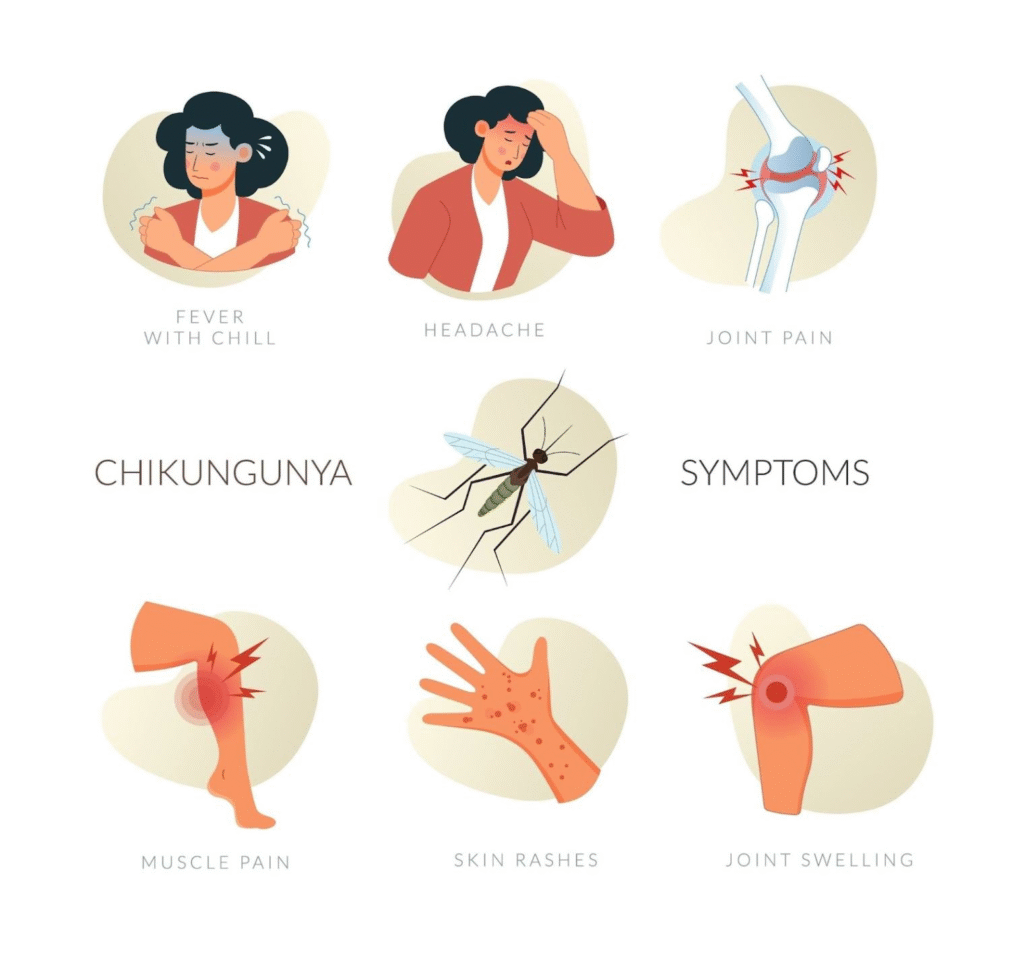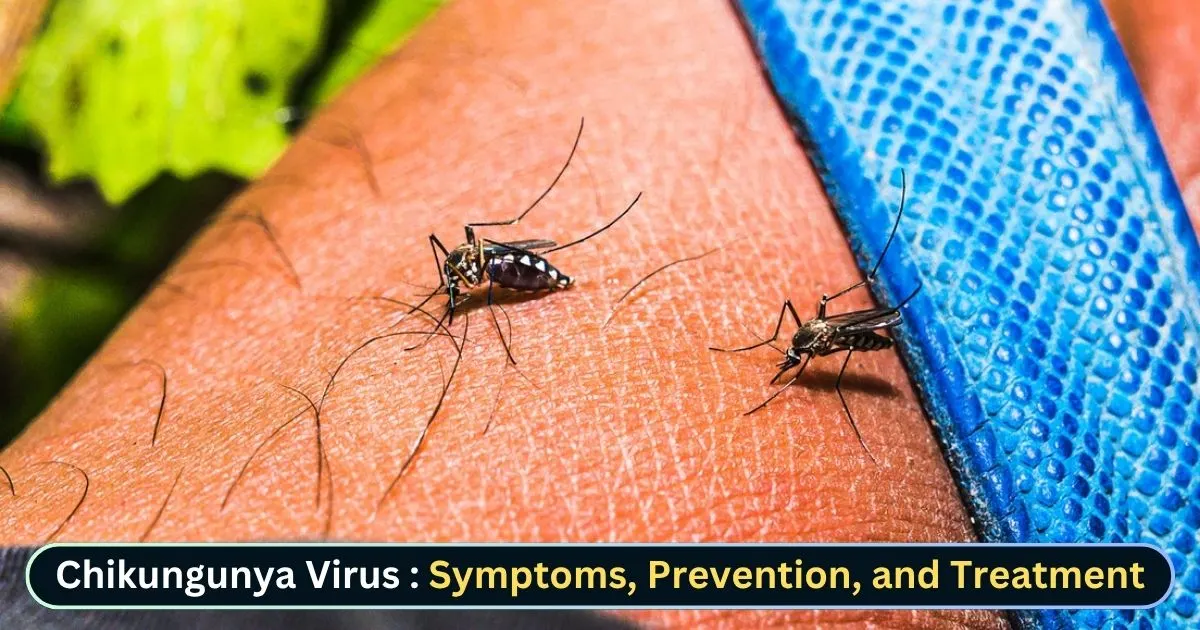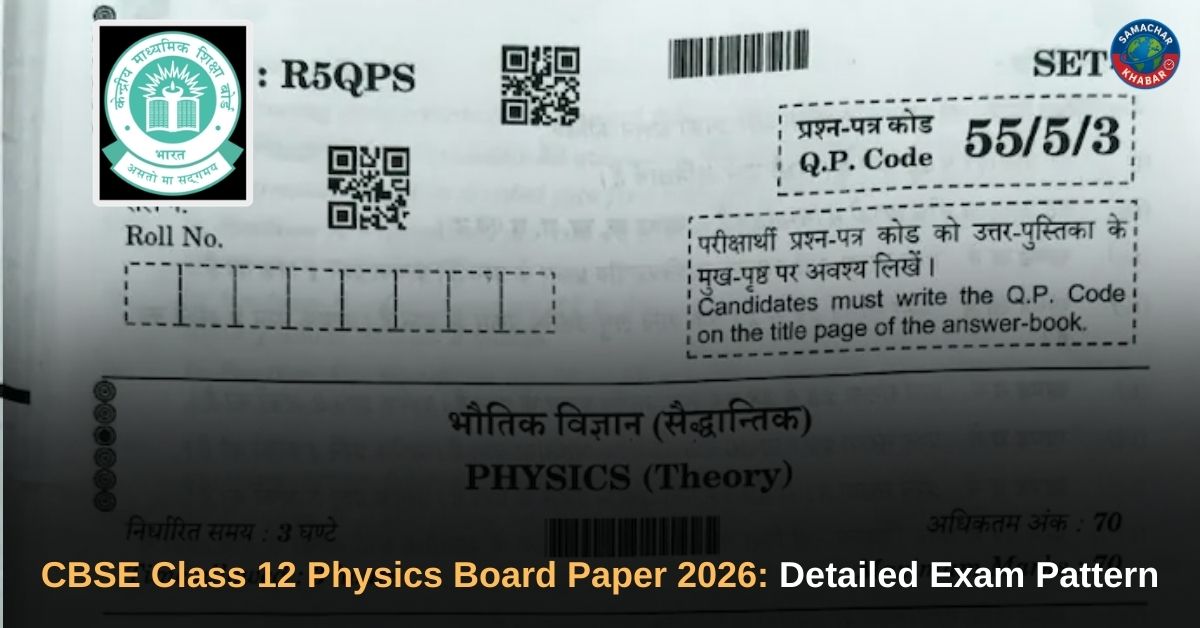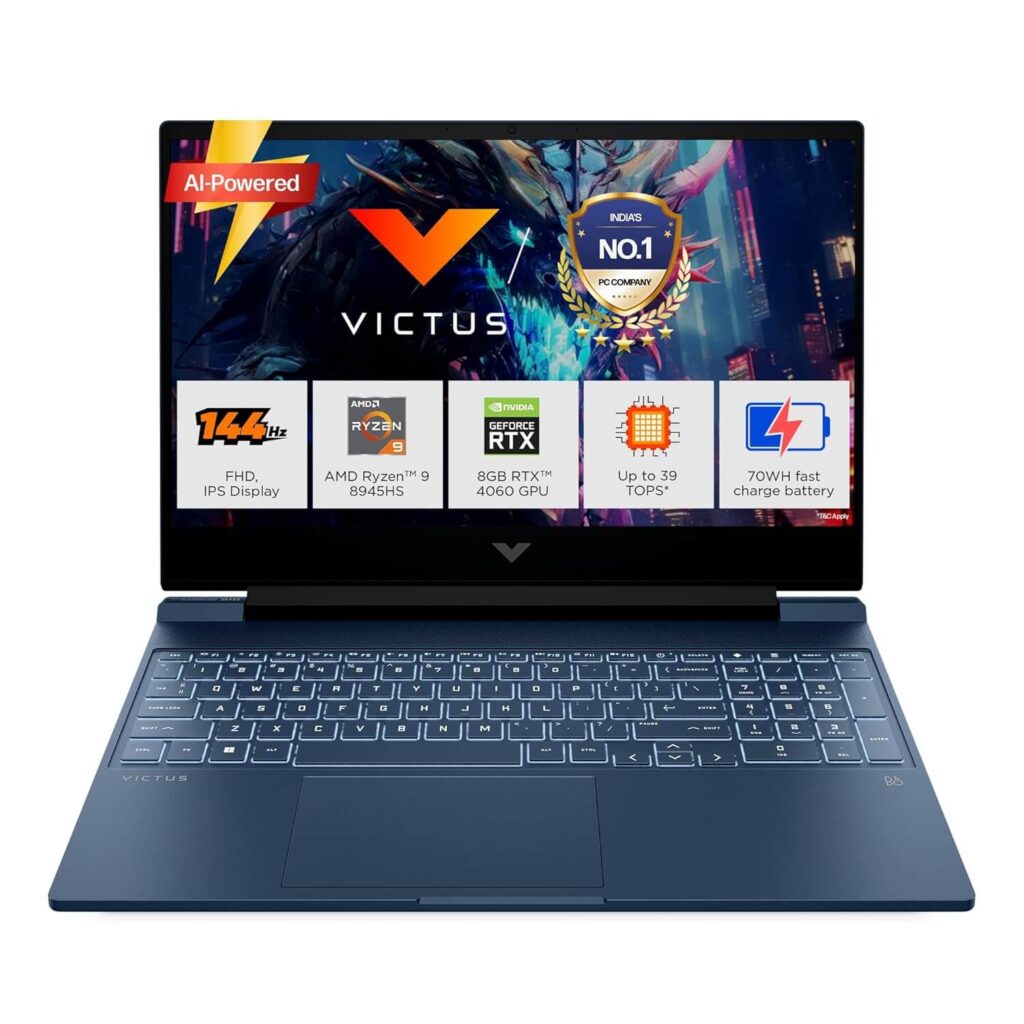Are you experiencing sudden fever and intense joint pain? It could be the Chikungunya virus, a mosquito-borne illness that’s becoming increasingly prevalent globally, including here in Gurugram.
Understanding this viral infection is crucial for timely diagnosis, effective management, and most importantly, prevention. Let’s delve into the details of the Chikungunya virus and what you need to know to stay safe.
What is the Chikungunya Virus?
The Chikungunya virus is an alphavirus transmitted to humans through the bites of infected Aedes aegypti and Aedes albopictus mosquitoes – the same culprits behind dengue and Zika fever. First identified in Tanzania in 1952, the name “chikungunya” is derived from a Kimakonde word meaning “to walk bent over,” referring to the stooped posture adopted by individuals suffering from the characteristic joint pain.
Transmission and Risk Factors
- The primary mode of transmission is through the bite of infected Aedes mosquitoes. These mosquitoes are typically active during the day and early evening.
- Outbreaks often occur in tropical and subtropical regions with high mosquito populations.
- Anyone living in or traveling to areas where the Chikungunya virus is circulating is at risk.
According to the World Health Organization (WHO), “There is no specific antiviral drug treatment for chikungunya. Treatment is focused on relieving the symptoms.” (Source: https://www.who.int/news-room/fact-sheets/detail/chikungunya) This highlights the importance of prevention and symptomatic management.
Symptoms of Chikungunya Virus Infection

Symptoms of Chikungunya virus infection typically appear 3-7 days after being bitten by an infected mosquito. The most common symptoms include:
- Sudden onset of fever
- Severe joint pain, often affecting the hands, wrists, ankles, and feet
- Headache
- Muscle pain
- Fatigue
- Rash
The joint pain associated with the Chikungunya virus can be debilitating and may persist for weeks, months, or even years in some cases. This long-lasting arthralgia distinguishes it from other similar viral infections.
Also Read: Kelley Mack Death Reason: A Profound Loss for Hollywood and Fans Alike
Diagnosis of Chikungunya
Diagnosing the Chikungunya virus typically involves:

- Clinical evaluation: Doctors will assess your symptoms and travel history.
- Blood tests: Laboratory tests can detect the presence of the virus or antibodies produced by your body in response to the infection. Real-time polymerase chain reaction (RT-PCR) can detect the virus in the first week of illness. Antibody tests (ELISA) are useful later in the course of infection.
Prevention Strategies for Chikungunya Virus
Since there is no specific antiviral treatment, preventing mosquito bites is the most effective way to avoid Chikungunya virus infection. Here are some crucial preventive measures:
- Use mosquito repellent: Apply insect repellent containing DEET, picaridin, IR3535, or oil of lemon eucalyptus (OLE) according to product instructions.
- Wear protective clothing: When outdoors, wear long-sleeved shirts, long pants, socks, and closed shoes.
- Eliminate mosquito breeding sites: Regularly empty and clean containers that can hold water, such as flower pots, tires, buckets, and bird baths. This helps to reduce mosquito populations around your home. Learn more about dengue fever prevention as the methods overlap.
- Use mosquito nets: If you are sleeping in an area where mosquitoes are prevalent, use a bed net, especially if your home is not well-screened.
- Install window and door screens: Ensure that your home has properly installed and maintained screens to prevent mosquitoes from entering.
Treatment and Management of Chikungunya Virus
Currently, there is no specific antiviral drug to treat the Chikungunya virus. Treatment focuses on relieving symptoms:

- Rest: Get plenty of rest to allow your body to recover.
- Hydration: Drink plenty of fluids to prevent dehydration.
- Pain relievers: Over-the-counter medications like acetaminophen or ibuprofen can help to reduce fever and joint pain. Always consult your doctor before taking any medication.
- Physical therapy: In some cases, physical therapy may be recommended to help manage persistent joint pain and improve mobility.
It’s important to consult a healthcare professional if you suspect you have a Chikungunya virus infection. They can provide an accurate diagnosis and recommend the best course of management for your specific situation. You can also find more information from reputable health organizations like the National Center for Vector-Borne Diseases Control (NCVBDC) in India (https://ncvbdc.nic.in/).
Conclusion: Staying Vigilant Against Chikungunya
The Chikungunya virus is a significant public health concern, and understanding its transmission, symptoms, and prevention strategies is crucial for protecting yourself and your community. By taking proactive steps to prevent mosquito bites and seeking timely medical attention if you experience symptoms, you can minimize the impact of this debilitating illness.
Stay informed, stay protected, and share this information to raise awareness about the Chikungunya virus.














